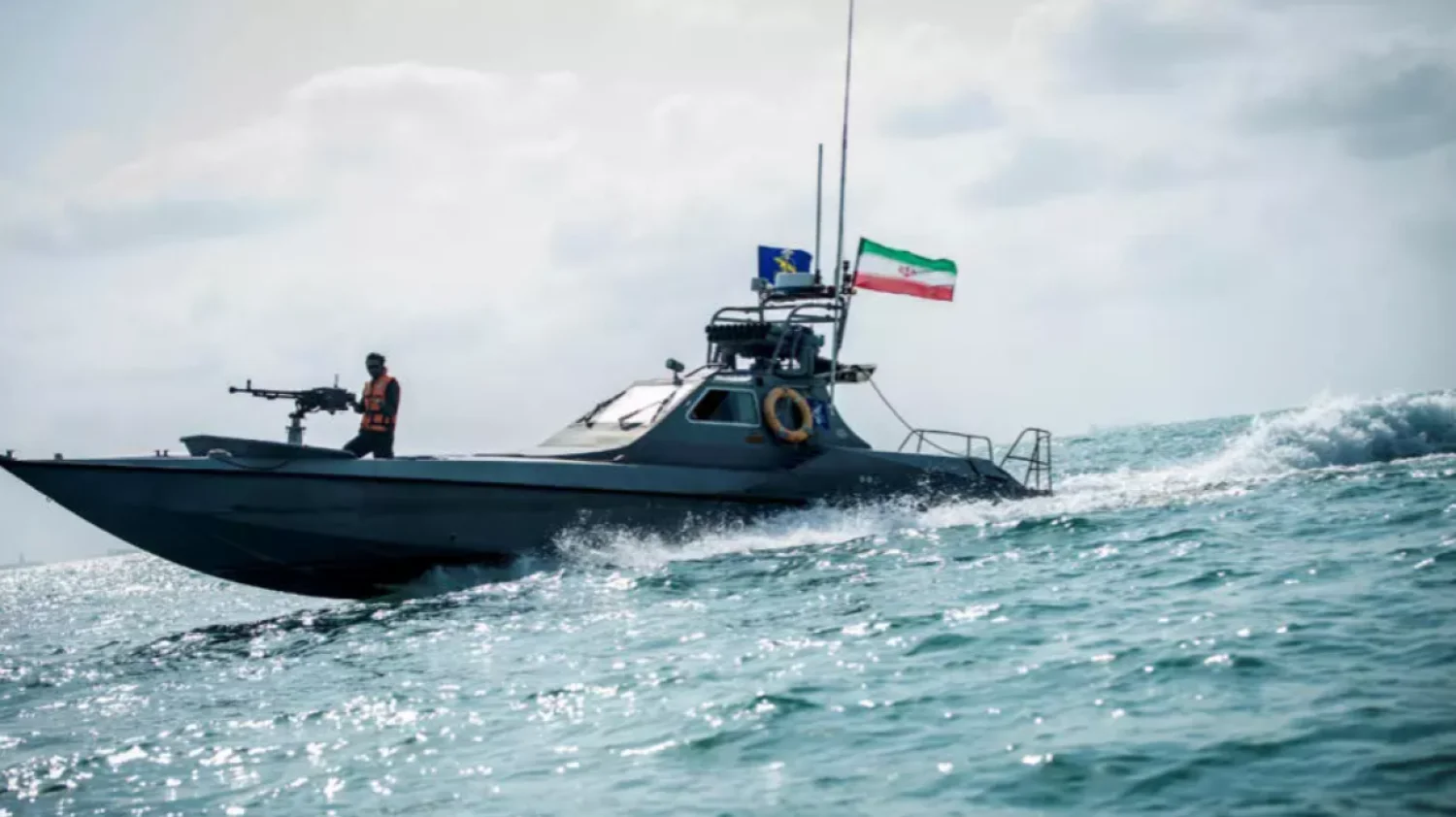Iran hosted joint naval drills with the participation of Russia and Oman. Nine other countries observed the drills. The exercises began in the Indian Ocean on Saturday, according to Iran’s state TV.
Press TV said the exercises, dubbed “IMEX 2024”, aim to boost collective security in the region, expand multilateral cooperation, and display goodwill and capabilities to safeguard peace, friendship, and maritime security.
Participants would practice tactics to ensure international maritime trade security, protect maritime routes, enhance humanitarian measures and exchange information on rescue and relief operations, it said.
The exercises coincide with heightened tensions in the region as Israel’s war against Hamas in Gaza rages and Yemen’s Iran-backed Houthi rebels retaliate by launching attacks on ships in the Red Sea.
In response to regional tensions with the United States, Iran has increased its military cooperation with Russia and China.
In March, Iran, China and Russia held their fifth joint naval drills in the Gulf of Oman. Countries observing the current drills include Saudi Arabia, Qatar, India, Pakistan, Bangladesh and Thailand.
Also See: Gaza War and Iran’s Middle East Playbook
This news is sourced from Reuters and is intended for informational purposes only.


![Afghan men search for victims after a Pakistani air strike hit a residential area in the Girdi Kas village, Nangarhar province on February 22, 2026. [Aimal Zahir/AFP/Getty Images]](https://southasiatimes.org/wp-content/uploads/2026/02/gettyimages-2262391441.webp)



